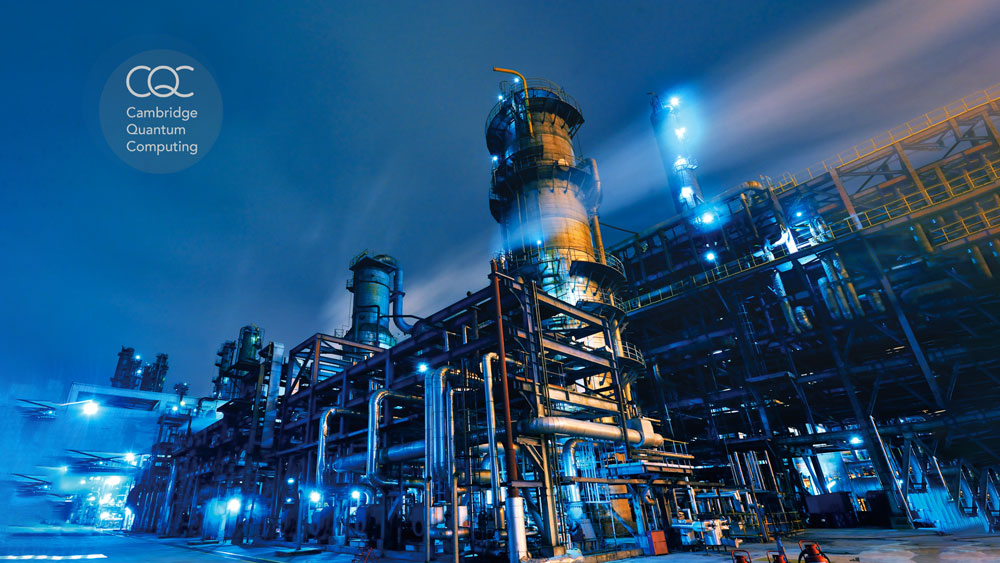Total Partners with CQC to Improve CO2 Capture
Total is stepping up its research into Carbon Capture, Utilization and Storage (CCUS) technologies by signing a multi-year partnership with UK start-up Cambridge Quantum Computing (CQC). This partnership aims to develop new quantum algorithms to improve materials for CO2 capture. Total’s ambition is to be a major player in CCUS and the Group currently invests up to 10% of its annual research and development effort in this area.
To improve the capture of CO2, Total is working on nanoporous materials called adsorbents, considered to be among the most promising solutions. These materials could eventually be used to trap the CO2 emitted by the Group’s industrial operations or those of other players (cement, steel etc.). The CO2 recovered would then be concentrated and reused or stored permanently. These materials could also be used to capture CO2 directly from the air (Direct Air Capture or DAC).
The quantum algorithms which will be developed in the collaboration between Total and CQC will simulate all the physical and chemical mechanisms in these adsorbents as a function of their size, shape and chemical composition, and therefore make it possible to select the most efficient materials to develop. Currently, such simulations are impossible to perform with a conventional supercomputer, which justifies the use of quantum calculations.
“Total is very pleased to be launching this new collaboration with Cambridge Quantum Computing: quantum computing opens up new possibilities for solving extremely complex problems. We are therefore among the first to use quantum computing in our research to design new materials capable of capturing CO2 more efficiently. In this way, Total intends to accelerate the development of the CCUS technologies that are essential to achieve carbon neutrality in 2050,” said Marie-Noëlle Semeria, Total’s CTO.
“We are very excited to be working with Total, a demonstrated thought-leader in CCUS technology. Carbon neutrality is one of the most significant topics of our time and incredibly important to the future of the planet. Total has a proven long-term commitment to CCUS solutions. We are hopeful that our work will lead to meaningful contributions and an acceleration on the path to carbon neutrality,” Ilyas Khan, CEO of CQC, mentioned.
Total is deploying an ambitious R&D programme, worth nearly USD 1 billion a year. Total R&D relies on a network of more than 4,300 employees in 18 research centres around the world, as well as on numerous partnerships with universities, start-ups and industrial companies. Its investments are mainly devoted to a low-carbon energy mix (40%) as well as to digital, safety and the environment, operational efficiency and new products. It files more than 200 patents every year.


